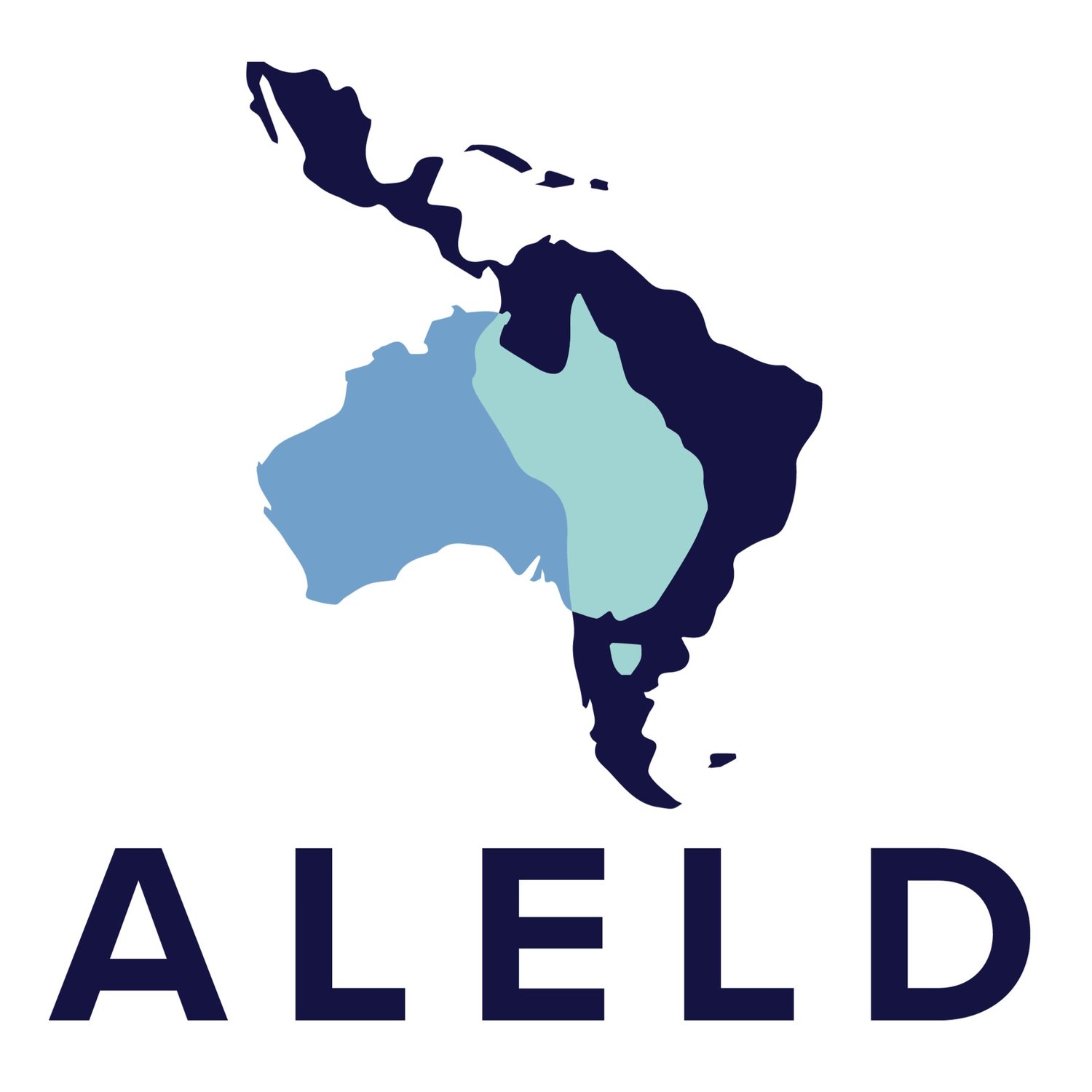Ecuador
Ecuador is recognised worldwide as being incredibly diverse. It is a country of spectacular variety and beautiful scenery, from beaches to volcanoes.
Ecuador, a country with many microclimates and exceptional biodiversity, generates oxygen from each leaf and tree that grows in its forests within the Andes, the Pacific Coast, the Amazon, and the Galápagos Islands. Even in such a small territory, you can taste much of the diversity of the entire planet.
Photo by César Viteri on Unsplash
Ecuador's economy is based on the export of oil, bananas, shrimp, and gold. Even so, it sits on a gold mine of cacao. Ecuador’s sustainable, local farming practices have helped the country make a cacao comeback; the world’s most prized varieties of cacao originate in Ecuador.
The country’s dollarised economy is one of the most stable in Latin America. Thanks to trade agreements with key countries around the world, Ecuador has access to a market of more than 800 million consumers.
Quito, the second highest capital city in the world, is known for its largely intact Spanish colonial centre, one of the best-preserved in Latin America. Also known as “Carita de Dios”, Quito was declared by UNESCO to be the first Cultural Heritage of Humanity site in 1978, and has an infinite number of places to discover and activities that will surprise you.
Photo by karen solorzano on Unsplash
The World Travel Awards, also known as the Tourism Oscars, recognise and celebrate excellence in the tourism industry. Every year, Ecuador’s tourism companies and exciting destinations have been nominated in different categories on a regional and global scale.
Photo by Dayan Quinteros on Unsplash
Quick Facts:
Ecuador is one of only two countries in South America that does not share a border with Brazil.
The summit of Mount Chimborazo, Ecuador’s highest mountain, is the point on Earth closest to the sun. Due to the mountain’s location along the equatorial bulge, its summit is the farthest point from the Earth’s core. This also means that Ecuador is the closest country to space.
Ecuador is one of 17 megadiverse countries in the world and has the most biodiversity per square kilometre of any nation.
Quito, Ecuador’s capital city, is 2,850m above sea level, making it the highest official capital city in the world
Ecuador is divided into four main and unique geographic regions: The coast, The highlands, The Amazon, and the Galápagos Islands.
Ecuador's Amazon Rainforest is home to truly astounding biodiversity, with more than 300 species of mammal, 800 species of fish and 350 species of reptiles.
Charles Darwin visited Ecuador’s Galápagos Islands in 1835 and largely based his theory of evolution on the discoveries he made there.
Encebollado
Recipe: Encebollado
Preparation Time: 30 Minutes
Cooking Time: 1 Hour
Total Time: 1 Hour 30 Minute
Ingredients:
2 pounds of fresh tuna
1 pound of cassava fresh or frozen
2 tablespoons of sunflower oil
2 tomatoes diced
½ red onion diced
1 teaspoon chili powder
2 teaspoons ground cumin
8 cups of water
5 cilantro sprigs
Salt to taste
Instructions:
Heat the oil on medium heat to make a refrito with diced onion, tomato, cumin, chili powder and salt.
Add the water and cilantro springs, bring to a boil.
Add the tuna and cook for until the tuna is fully cooked, about 15 minutes.
Drain the tuna and keep the broth to cook the cassava.
Separate or break the tuna into small to medium size pieces.
Bring the tuna broth to a boil and add the yucas, cook until tender but firm, about 30-40 minutes for the frozen yuca.
Take the yuca from the broth, remove the strings and cut into bite size chunks.
Add the yuca chunks and tuna pieces to the broth, taste and add salt if needed.
Re-warm the soup if necessary and serve topped with a good amount of pickled onion.






